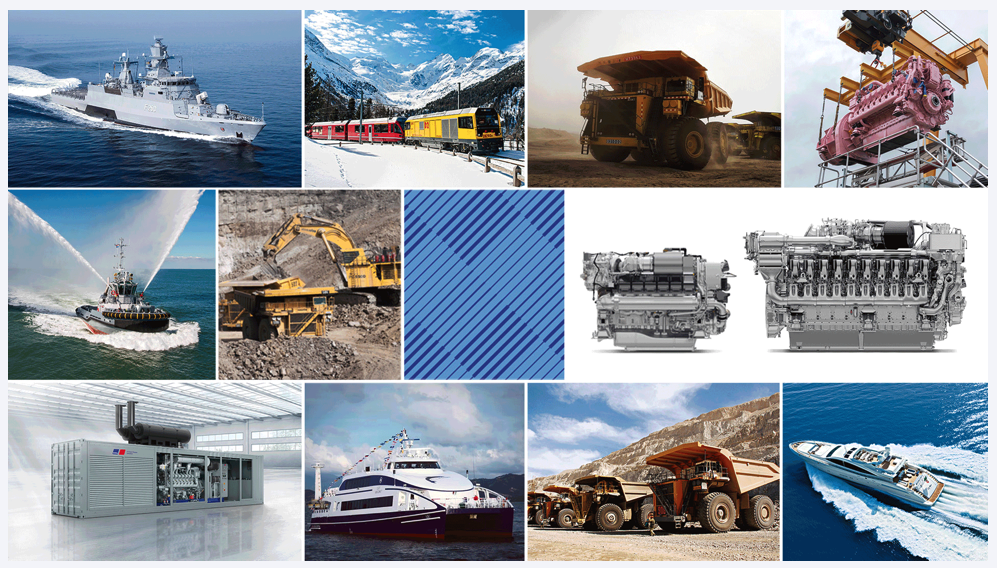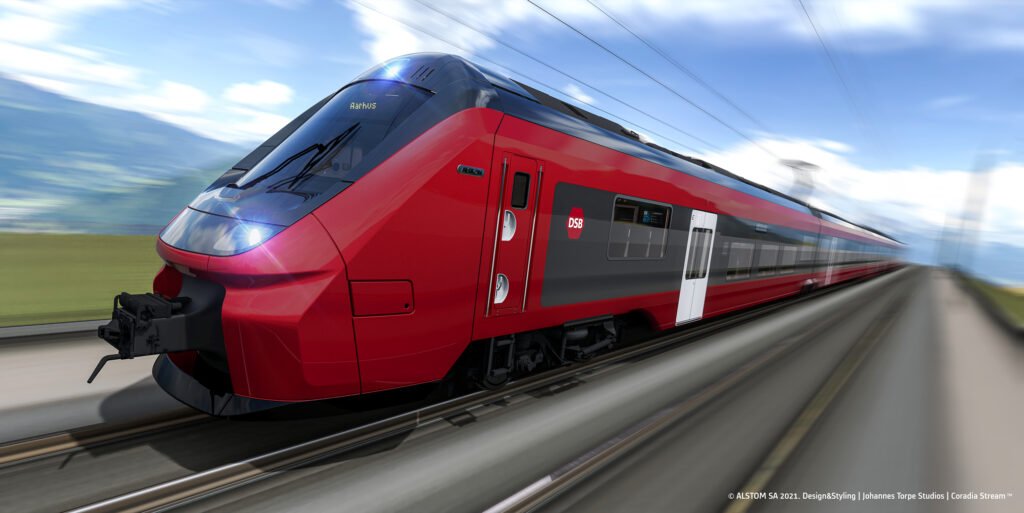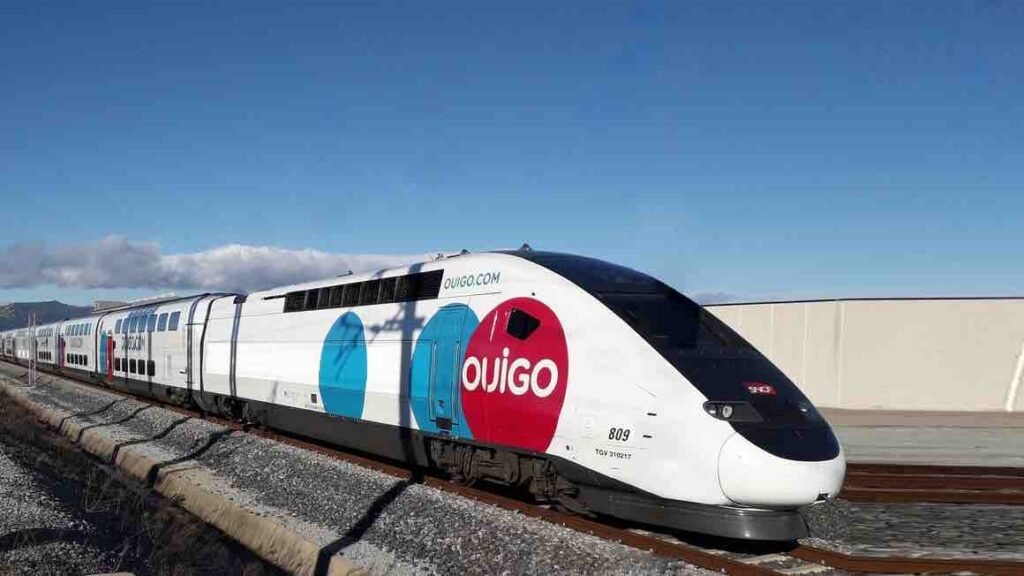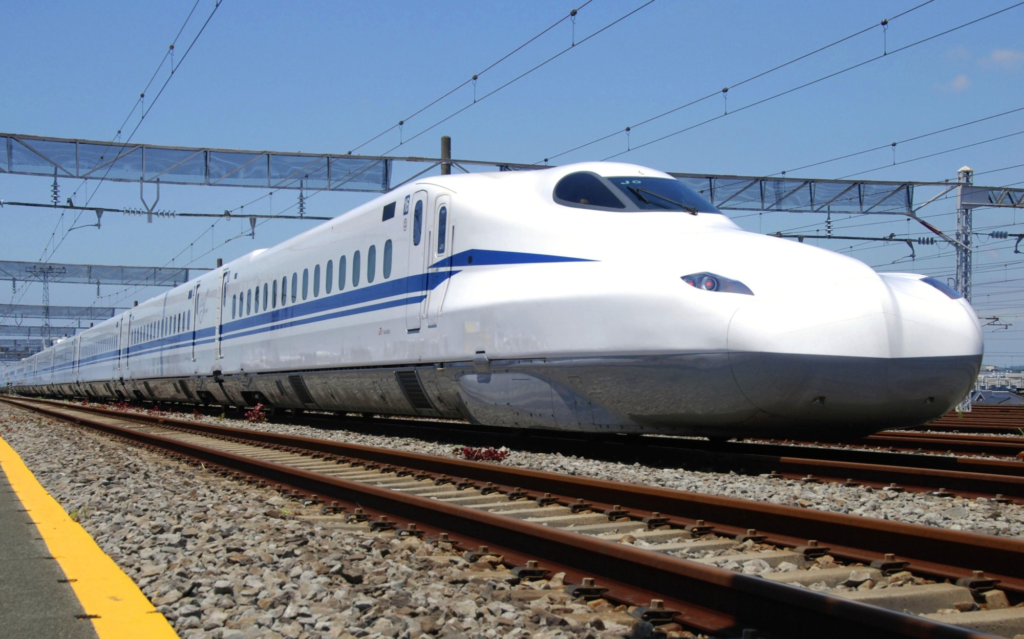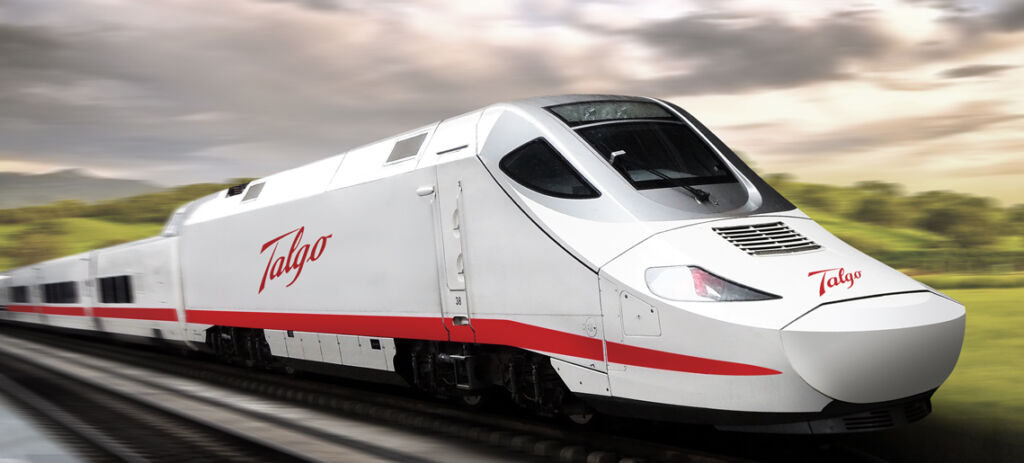Rolls-Royce Strengthens Position in China with New MTU Engine Test Bench
Rolls-Royce (London: RR.L) business unit Power Systems is strengthening its research and development (R&D) capabilities in China with a new test bench for MTU engines at the company’s location in Suzhou. The new test bench…
